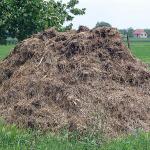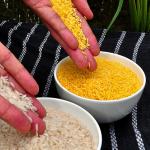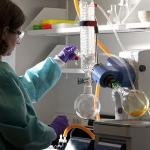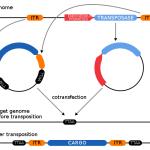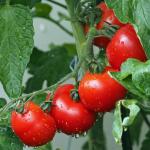Many consumers are committed to organic products for reasons that are more emotional than logical.
organic agriculture
Recent Russian clandestine attempts to use “authentic” U.S.
This is the second part of a two-part series. Read part one here.
How many people around the world are currently living in poverty? The World Bank reports that a little over 9%, or approximately 720 million people, are subsisting on less than US$2.15 a day.
"Genetic Engineering" (GE) has been practiced by humans for more than 10,000 years, first by selecting and hybridizing plants.
As I discussed in Part 1, many Americans have begun to seek “authenticity” in many aspects of their lives. There’s nothing wrong with that unless in the process they are misled by special interests’ false claims that cause them to be endange
A good example of Stanford's embrace of radical, anti-scientific views was the university’s invitation in 2020 to notorious charlatan Vandana Shiva to present the prestigious
This water shortage is not solely due to the drought but is partly due to the misguided environmental policies flushing available surface water into the ocean that could serve farms and families at a rate of two billion gallons per day.
Comedy is an excellent tool for pointing out the absurdities of society.
